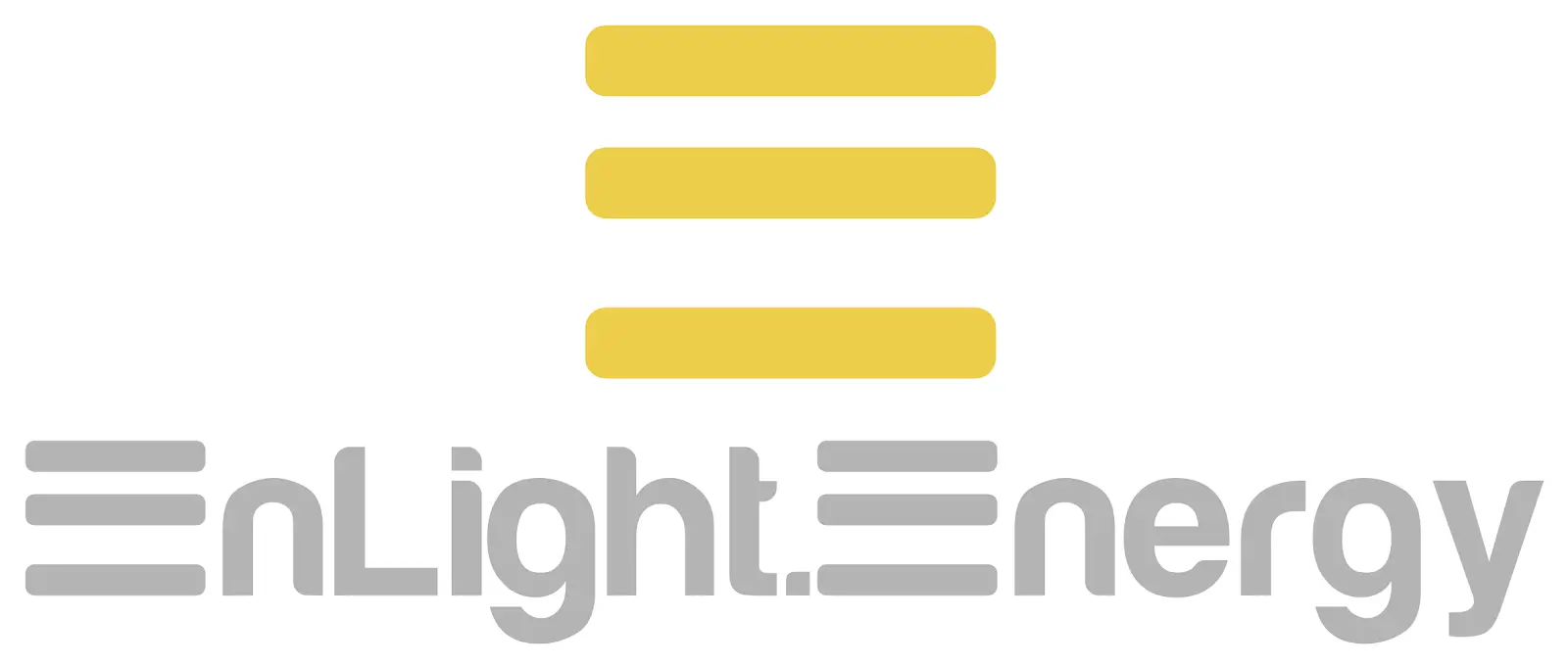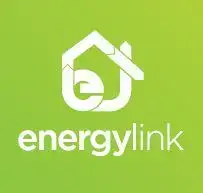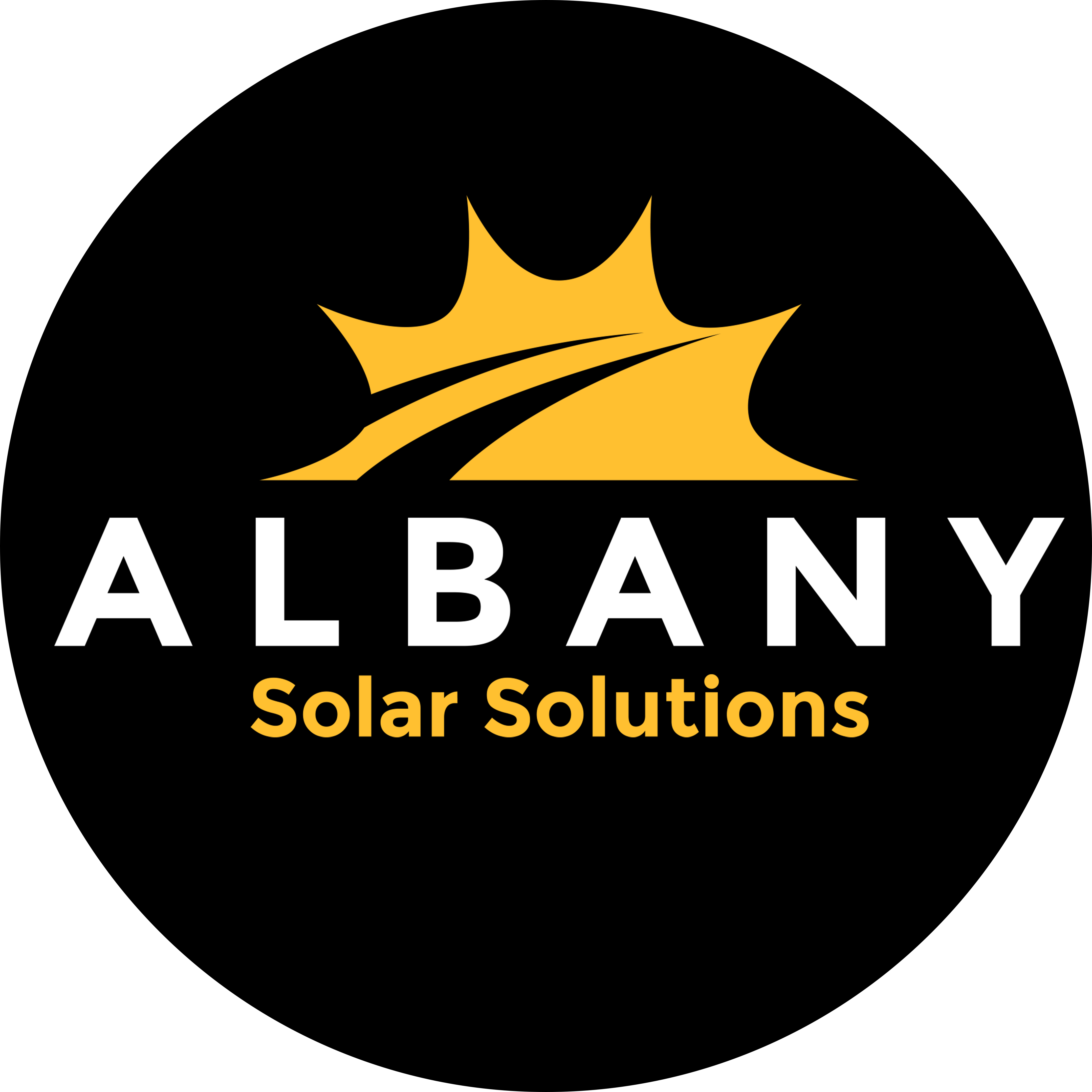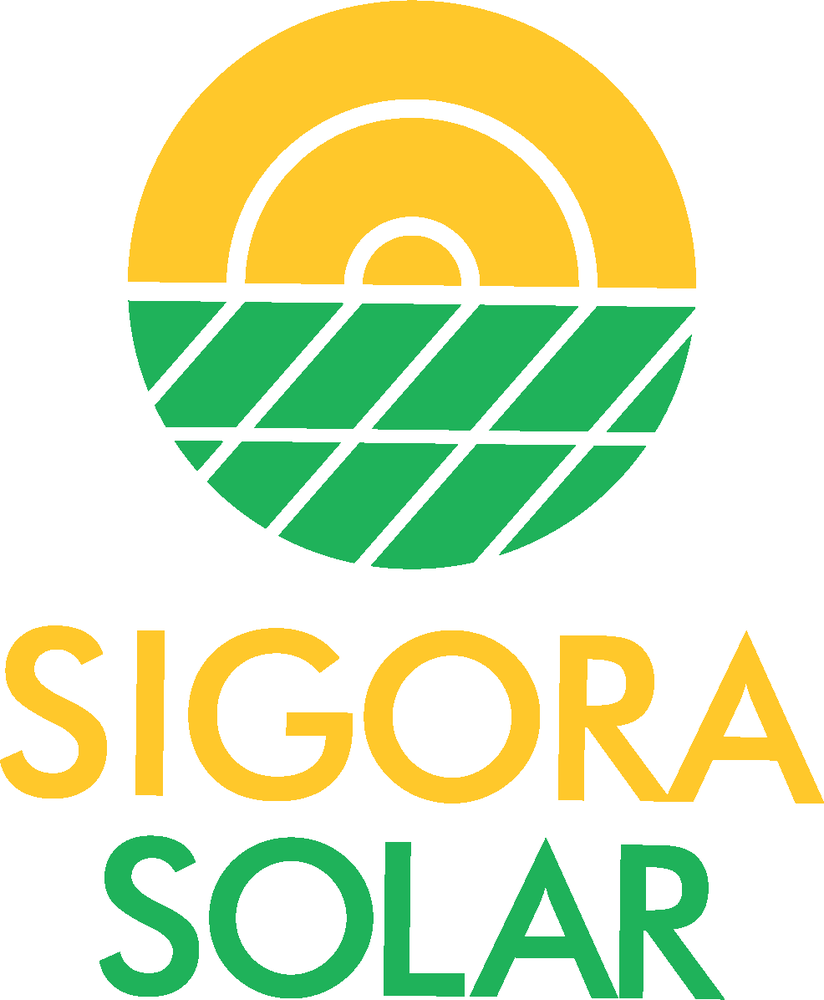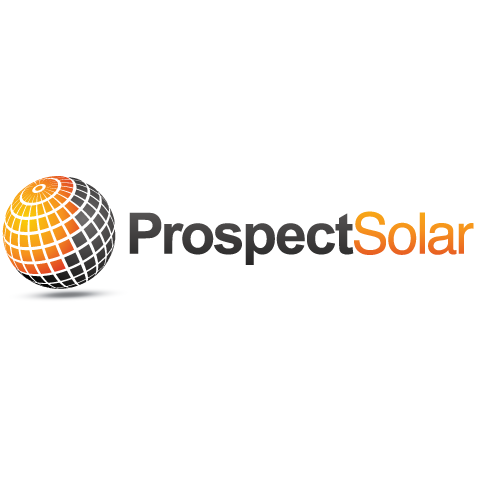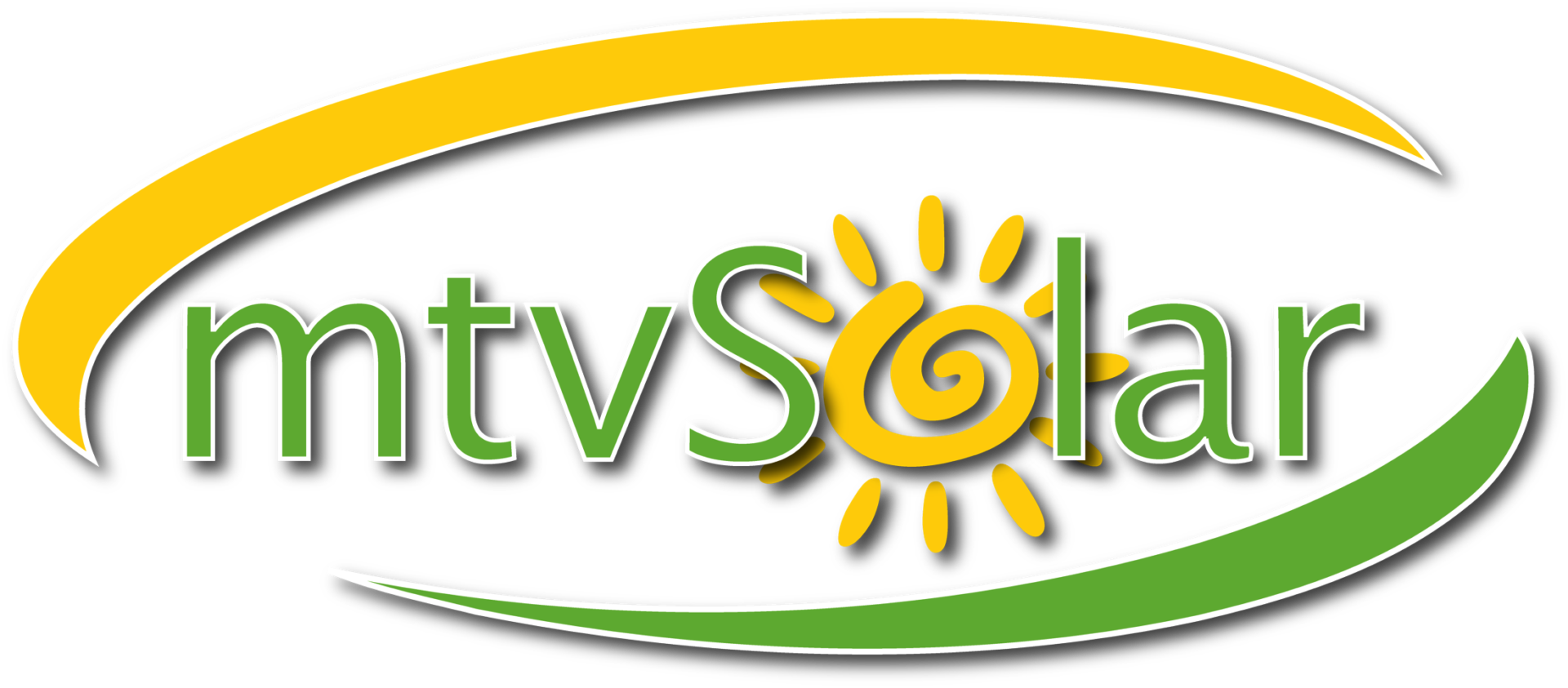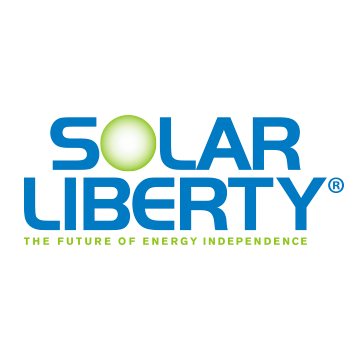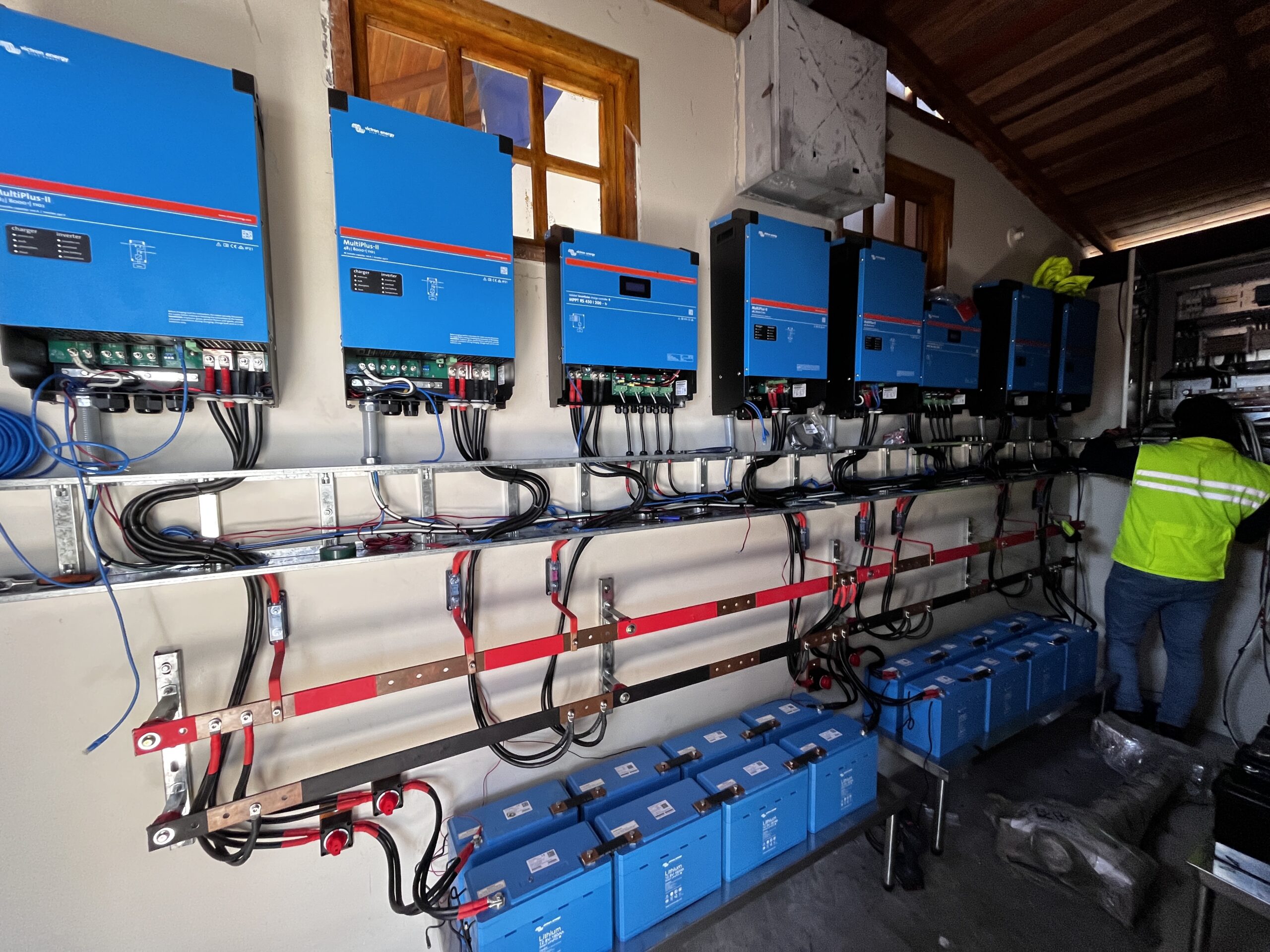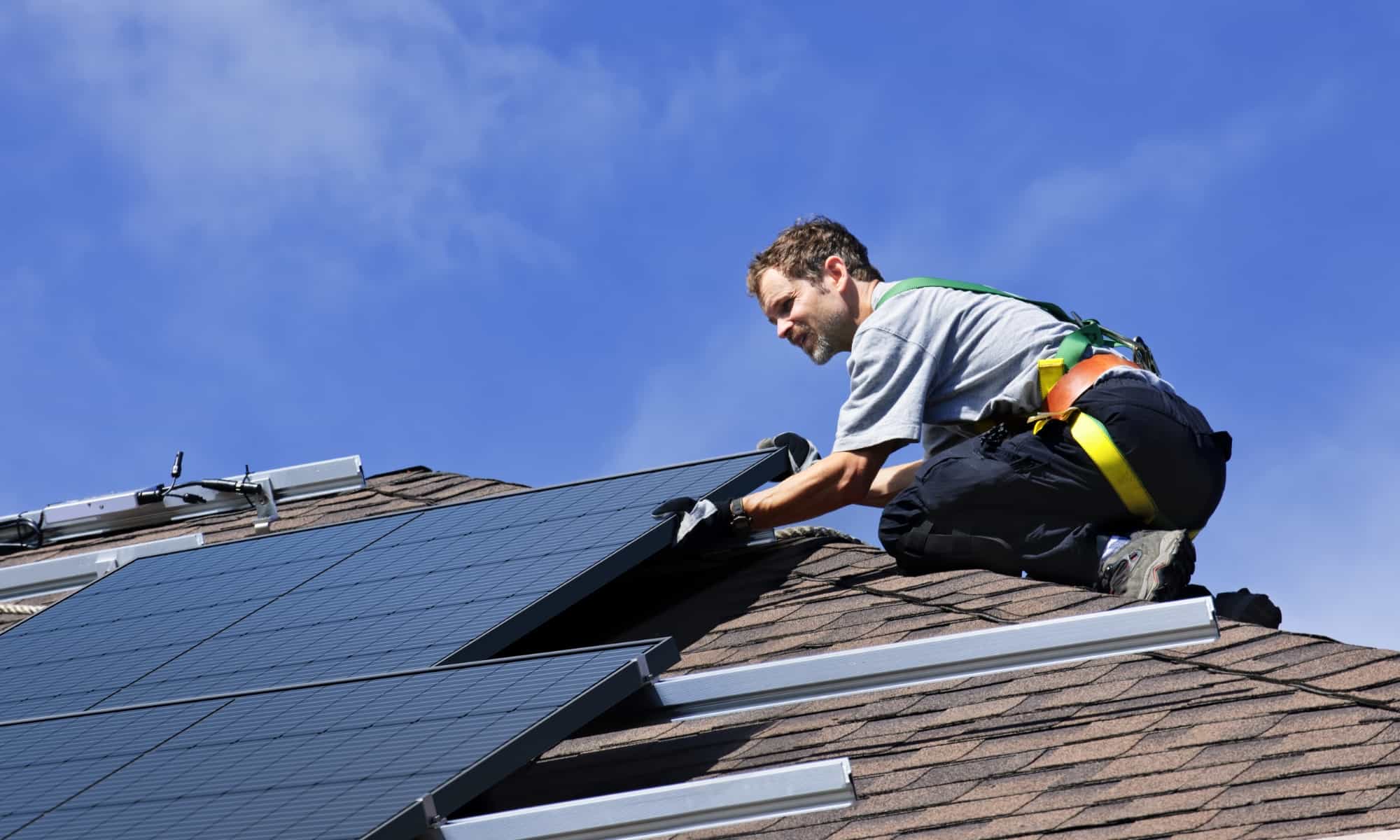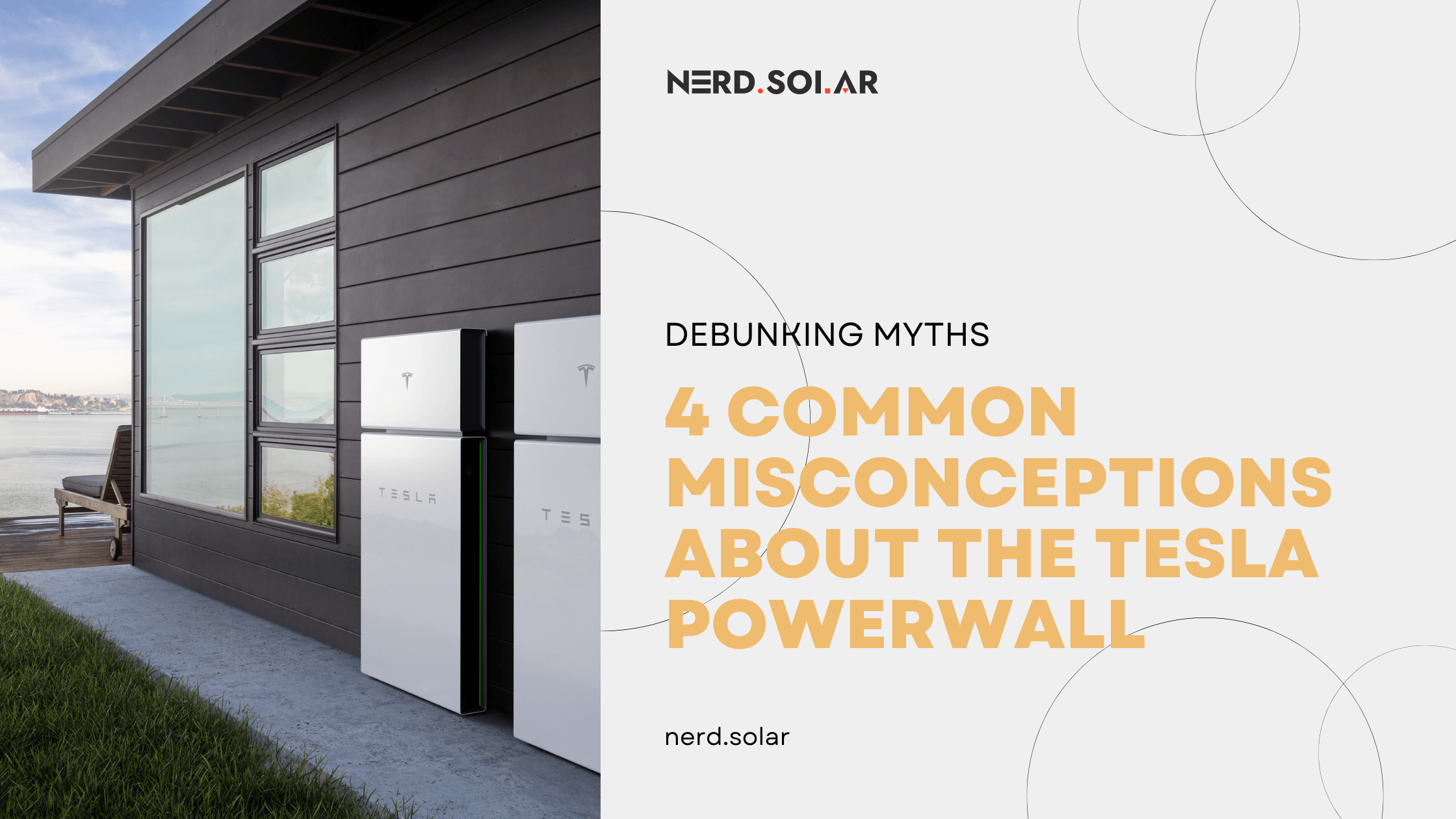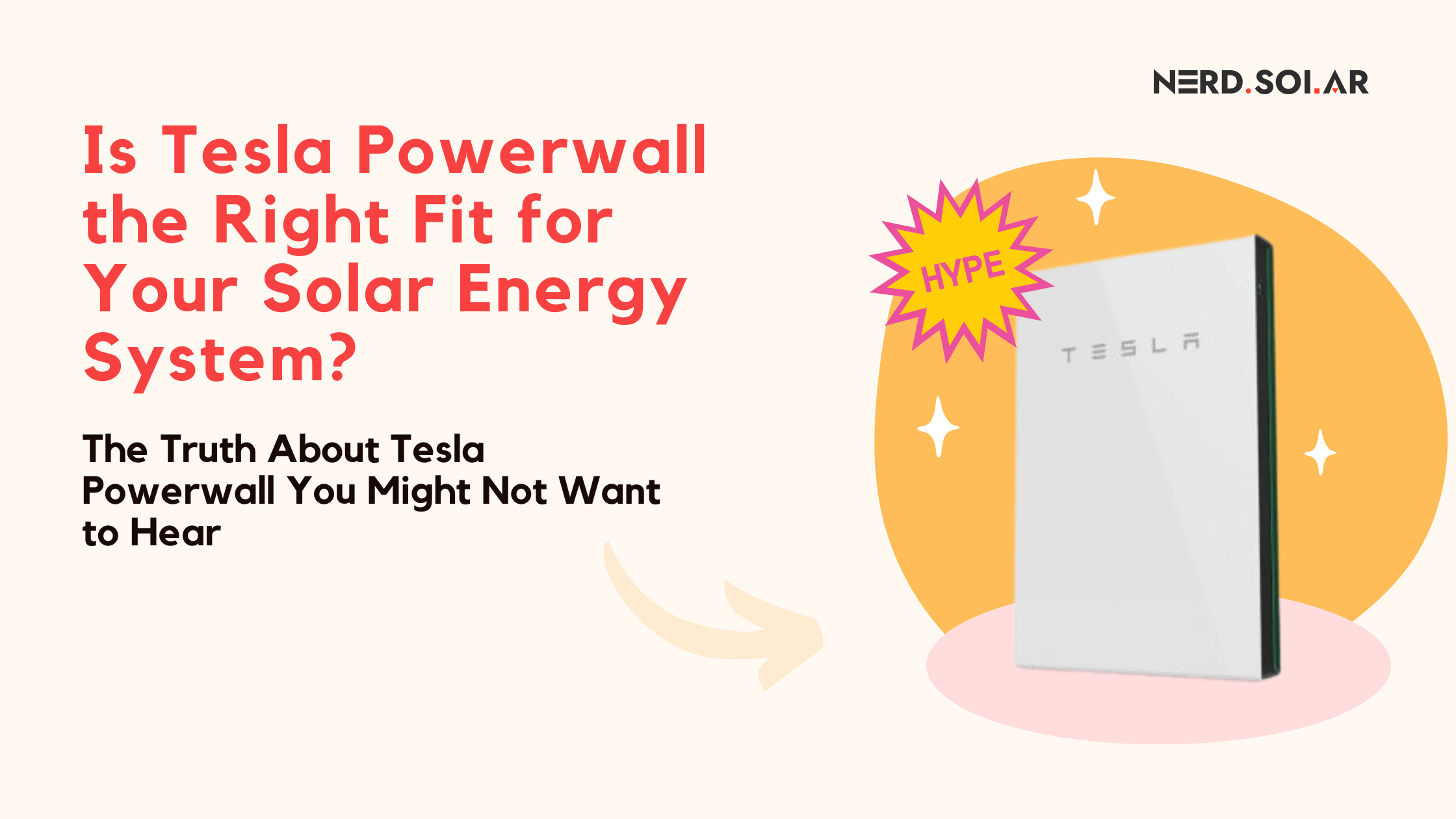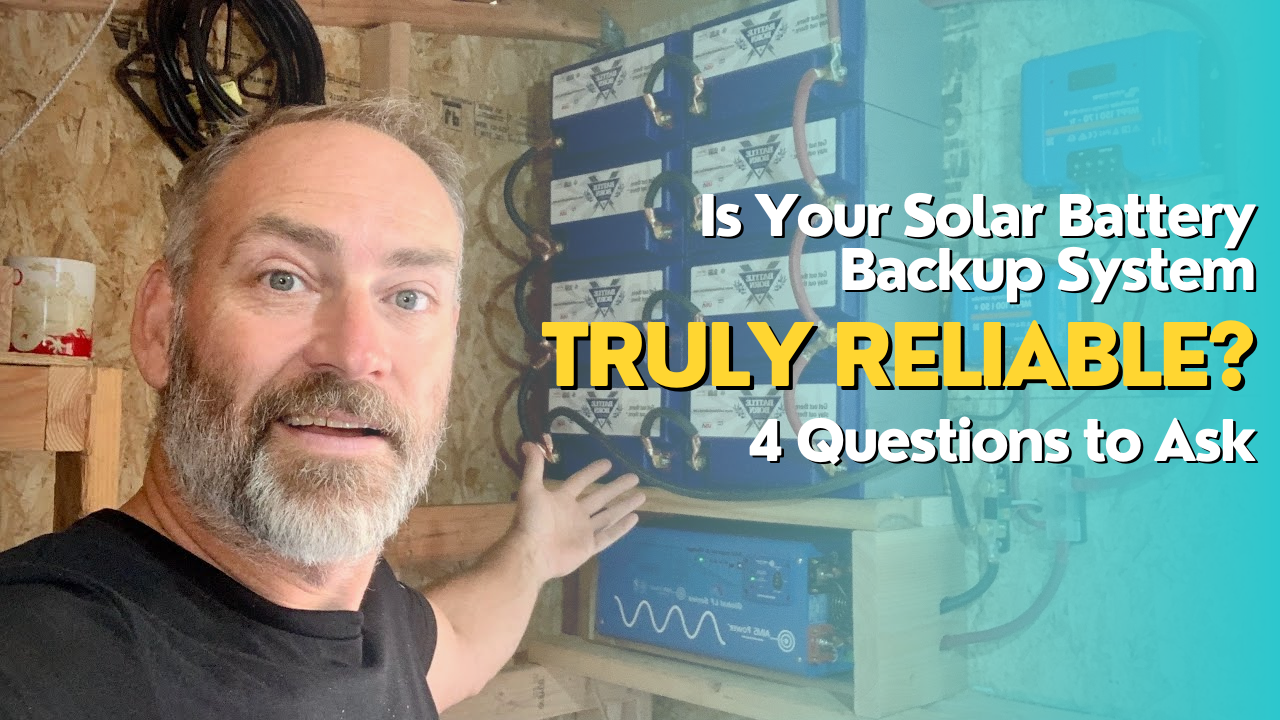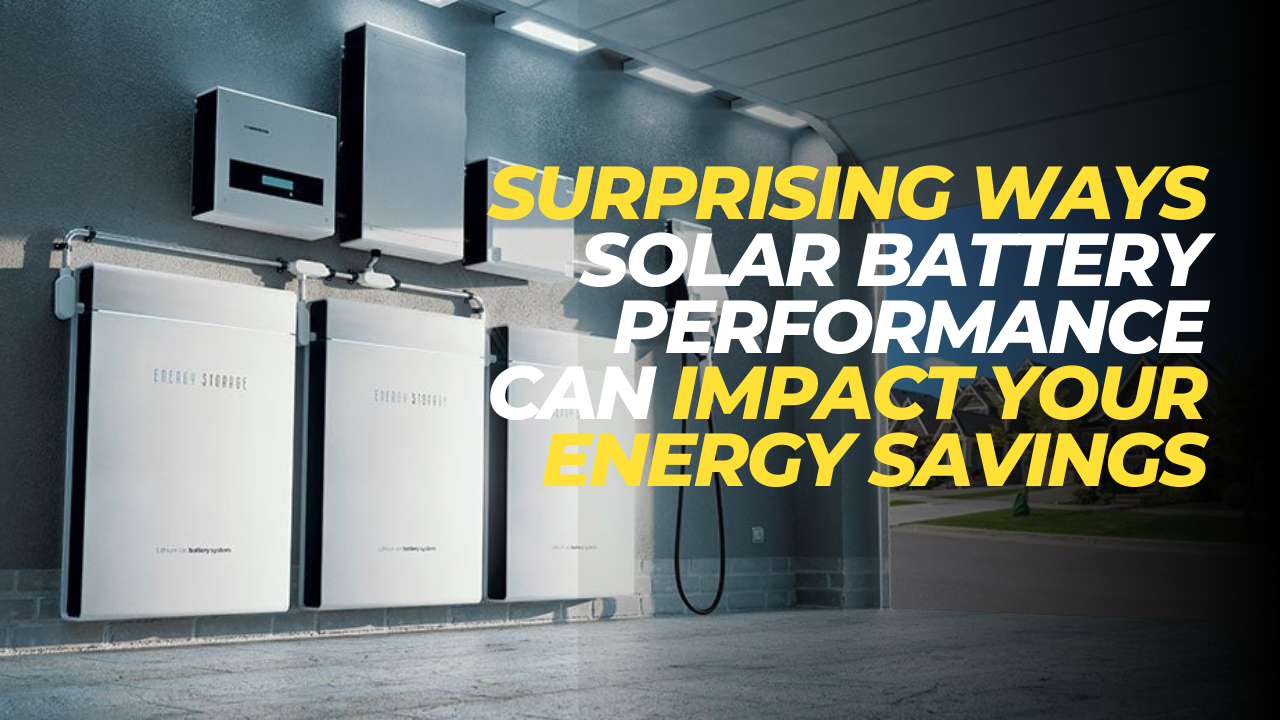How Do We Rate Solar Companies?
TL;DR: We rate solar installers from 1 to 5 stars to help you pick the best one. High stars mean they’re really good at what they do and treat their customers right. Low stars? Not so much. We give credit to companies that have been around for a while, know what they are doing, have a high standard of workmanship and equipment, don’t hire subcontractors to keep the bar of solar installation quality high and have good local reviews from real customers (yes, we check if the reviews are actually real or fake). Companies we choose as top-rated know and can help with federal and local solar incentives to help you save, have good financing plans, and guarantee their work. We’re here to point you to the solar companies that truly rock, making going solar easy and worthwhile for you.
Check our detailed review process here.
Is It Worth Going Solar in Kansas?
Going solar in Kansas is a great idea for homeowners who want to save money and help the environment. Here are some reasons why:
- You can save a lot on your electricity bills. When you have solar panels, you make your own electricity. This means you don’t have to buy as much from the power company. Over time, this can save you a bunch of money.
- Kansas has some nice benefits for going solar. One is called net metering. This lets you sell extra electricity your panels make back to the power company. They give you credit for it on your bill. The government also lets you take 26% of what your solar panels cost off your taxes.
- Solar panels can make your home worth more money. People like buying homes with solar because they know it will save them cash in the long run. Your home might sell faster and for more money if it has solar.
- Using solar energy is good for the planet. It’s a clean way to make power that doesn’t pollute like burning coal or gas does. This helps slow down climate change.
- Even though solar panels cost money to put in, they can save you a lot over the 25-30 years they last. It’s a smart way to spend your money in the long run.
So, going solar in Kansas is a great choice. You can save money, get some nice benefits, make your home worth more, and help the Earth. Plus, Kansas gets a lot of sun, so solar panels work really well there.
How much does solar save homeowners in Kansas?
The average cost of electricity in Kansas is 13.60 cents per kilowatt hour. This is about 15% lower than the U.S. average of 16.12 cents. But putting solar panels on your home can help you save a lot of money on your electricity bills.
For example, in Kansas City, Missouri, which is right next to Kansas, the average monthly electric bill is $170. That adds up to $2,040 per year. By installing a 9.3 kilowatt (kW) solar panel system, which is the average size needed to cover all of a home’s electricity use, people can save $2,000 in just the first year. Over 20 years, they can save up to $49,000 if electricity prices go up by 1.9% each year.
Net metering is a policy that lets people with solar panels sell extra electricity back to the power company. This can help them save even more money. Kansas has a net metering policy that says big power companies have to offer this to their customers. This makes going solar an even better deal.
How much a person saves will depend on things like how much electricity they use, how big their solar panel system is, and how much sunlight they get. But over time, the savings can be huge. A Kansas homeowner with a $100 monthly electric bill can save over $48,000 on electricity over 30 years by getting solar panels.
Even though electricity rates in Kansas are lower than in other states, solar panels can still help people save a ton of money. A typical homeowner can get rid of their electric bill and save tens of thousands of dollars over the life of their solar panels. Net metering makes the savings even better.
What is the average cost of going solar in Kansas?
The average cost of going solar in Kansas is $2.39 to $2.94 per watt as of July 2024. For a typical 6 kW system, the average cost is around $10,025 to $17,646 after applying the 30% federal tax credit.
Here is a table showing the average solar panel system cost in Kansas by system size:
| System Size (kW) | Average Cost (Before Tax Credit) | Average Cost (After 30% Federal Tax Credit) |
|---|---|---|
| 3 kW | $8,823 | $6,176 |
| 4 kW | $11,764 | $8,235 |
| 5 kW | $14,705 | $10,293 |
| 6 kW | $15,540 – $17,646 | $10,878 – $12,352 |
| 7 kW | $18,130 – $20,587 | $12,691 – $14,411 |
| 8 kW | $20,720 – $23,528 | $14,504 – $16,469 |
| 9 kW | $23,310 – $26,468 | $16,317 – $18,528 |
| 10 kW | $25,900 – $29,409 | $18,130 – $20,587 |
The cost varies based on factors like the type of solar panels, the installer selected, and your home’s energy needs. However, going solar in Kansas is generally a worthwhile investment.
The average payback period is around 10 years, after which the system provides significant electricity cost savings over its 25+ year lifespan. Homeowners can save an estimated $21,455 on average over 25 years by installing solar panels.
Kansas Solar Incentives and Rebate Programs
Kansas doesn’t have a lot of state programs to help people get solar panels, but there are still some good reasons to go solar. Here are the main benefits:
- Federal Solar Tax Credit: This is the biggest help for going solar. The government lets you take 30% of what your solar panels cost off your federal taxes. So if your system costs $20,000, you can reduce your taxes by $6,000. This deal is available until the end of 2032. In 2033, it drops to 26%.
- Net Metering: Kansas says that big power companies have to give you credit for extra solar energy your panels make. If you make more than you use in a month, they’ll pay you for the extra, but at a lower price than what you pay them for electricity.
- Property Tax Break: If you put solar panels on your house, Kansas won’t make you pay more property taxes for the value they add. If you applied for this before December 2016, you get this break forever. If you applied after that, you get the break for 10 years.
- Utility Rebates: While Kansas doesn’t have a state rebate for solar, some power companies offer their own rebates to help lower the cost of putting in solar panels.
Kansas doesn’t offer a state tax credit or a sales tax break for solar. They also got rid of a law that made power companies get a certain amount of their energy from renewable sources like solar.
Even though Kansas doesn’t have a ton of state support for solar, the federal tax credit, net metering, property tax break, and utility rebates still make it a good financial choice for many Kansas homeowners to go solar.
Net Metering in Kansas
Net metering is a rule that lets people with solar panels sell extra electricity back to the power company. This can help you save a lot of money on your energy bills. Here’s how:
- Lower electricity costs: When your solar panels make more power than your home uses, the extra gets sent to the power grid. Kansas’ net metering rule says the power company has to give you credit for this extra power. You can use these credits when you need power from the grid, like at night or when it’s cloudy.
- Big savings on bills: The credits you get from net metering can make your monthly electric bills a lot smaller. Sometimes, you might not have to pay anything at all. Over the 25+ years your solar panels last, this saves you a ton of money on electricity.
- Credits last a year: In Kansas, your extra power credits don’t last forever, but they do carry over month to month. At the end of the year on March 31, any credits you didn’t use go to the power company. They don’t pay you for them. So you have one year to use up your credits.
- Required for big utilities: Kansas says big power companies like Evergy and Empire District have to offer net metering. Smaller local utilities and co-ops don’t have to, but many still do.
- Works for most homes: Solar systems up to 15 kW can use net metering in Kansas. Most home solar setups are smaller than this, so nearly everyone can benefit.
The exact rules for net metering, like how much credit you get and how big your system can be, are a little different depending on your power company. So it’s a good idea to check with them for details. But overall, net metering in Kansas is a great way for solar owners to save money on energy and get the most out of their solar investment over time.
Community and Additional Programs
Yes, there are several community solar programs available in Kansas that allow residents to benefit from solar energy without installing panels on their own property.
Here’s how you can take advantage of these programs:
- Midwest Energy Community Solar Array: Midwest Energy, based in Hays, Kansas, was the first utility in the state to offer a community solar program. Customers can purchase individual panels in their 3,960-panel array located in Colby, KS. As of March 2016, all panels were sold out, but interested customers can join a waitlist to purchase panels that become available for resale.
- Wheatland Electric Community Solar Program: Wheatland Electric Cooperative offers a subscription-based community solar program to its residential members. Customers can subscribe to solar shares at $5 per share (equivalent to 125 kWh or two panels) without any upfront costs or maintenance. Subscribers receive bill adjustments based on the electricity generated by their shares.
- Evergy Solar Subscription Program: Evergy (formerly Westar Energy) has a community solar array in Hutchinson, Kansas that went online in June 2017. Customers can subscribe to shares of the array’s output for up to 100% of their annual usage at a fixed rate for 5-20 years. On average, each share costs about $10-12 more per month for residential customers.
To participate in these programs, customers typically need to:
- Contact their utility provider to check availability and eligibility
- Complete a participation agreement or subscription contract
- Choose the number of panels or shares to purchase/subscribe to
- Begin receiving bill credits for the solar energy produced by their shares
These programs enable Kansas residents to support renewable energy development and receive solar savings on their utility bills without the need for rooftop installations. Shares are limited and often allocated on a first-come, first-served basis.
